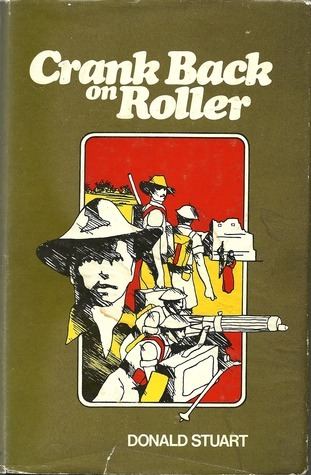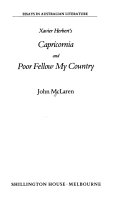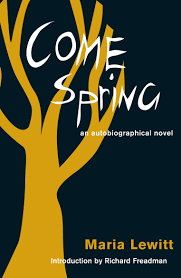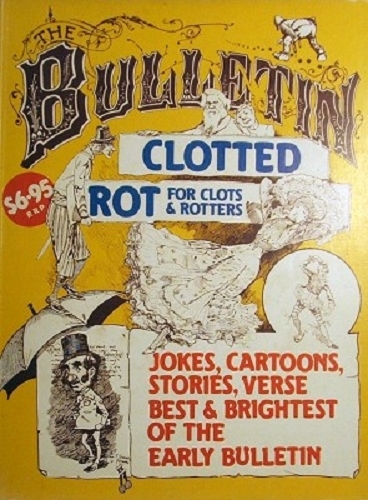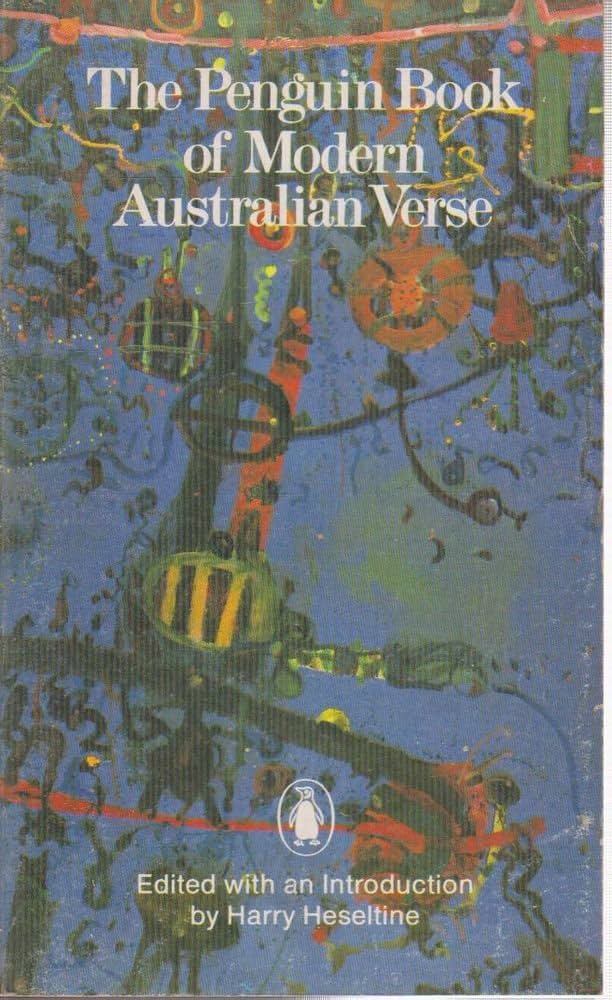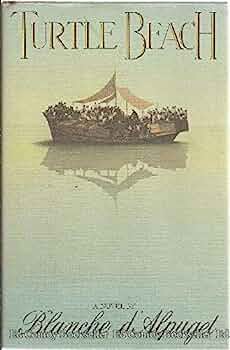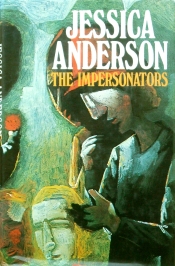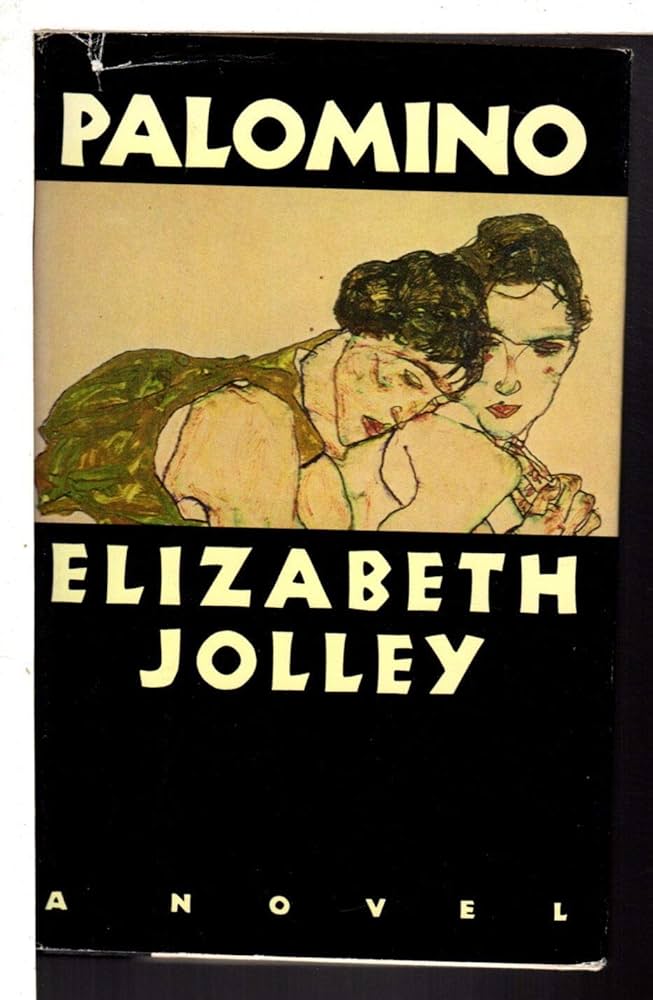Fiction
Margaret Balderson’s When Jays Fly to Barbmo (Oxford): There has never been a worthier Book of the Year winner than this, and it was runner up for the Carnegie Medal in Britain too. It is an outstanding novel which, if taken up by the adult market at the time, would have been a best seller-and elevated its author to a position she deserves. This first novel is set in Norway during World War II and concerns a girl’s insistence on discovering the truth about her origins.
... (read more)David Burke, former journalist and author of books about railways, has written Darknight (Methuen pb.), a mystery story about a cadet reporter sent to an isolated, closed community to cover a story about some lost bush walkers. Come Midnight Monday (Methuen) is an equally exciting read.
... (read more)Crank back on roller, belt left front ...’ So begins the sequence. Stuart’s novel, the fifth in a series of six called The Conjuror’s Years, depicts Colin of Drought Foal and Wedgetail View following the instructions for preparing his Vickers gun to fire against the Vichy French in the 1941 AIF invasion of Syria.
... (read more)Xavier Herbert’s Capricornia and Poor Fellow My Country by John McLaren
Come Spring by Maria Lewitt & A Breed of Women by Fiona Kidman
The normally difficult task of reviewing first novels is compounded in this instance in that Lewitt's Come Spring is an excellent work and Kidman's A Breed of Women has very little to recommend it.
Both novels are written by women and deal with the problems of female adolescence and young womanhood. Lewitt’s work is set in Poland during the German occupation and Kidman's in New Zealand 1978 with back-tracking some thirty years to the childhood of its chief protagonist, Harriet Wallace.
... (read more)‘On Saturday, January 31, 1880, the newsboys of Sydney hung about the entrance of a broken-down old building in Castlereagh-street, waiting for bundles of a new weekly paper as they were issued damp from the press. That day, for fourpence (reduced to threepence the following week), the citizens of Sydney could read, for the first time, and in very small print, the columns of The Bulletin.’
... (read more)The Penguin Book of Modern Australian Verse edited by Harry Heseltine
The appearance of anthologies which have the intention of representing the poetic output of a specific ‘era’ often indicates that era's having achieved a status of authority. Harry Heseltine’s Penguin Book of Modern Australian Verse anthologizes poetry of the nineteen-sixties and seventies, and just as surely as in any such anthology, the poetry of these decades becomes relegated to the past tense.
... (read more)Dust jacket blurbs are usually misleading, but at least one point made by the back cover of Blanche d’Alpuget’s new novel, Turtle Beach, is authentic. It refers to the ‘Graham Greene sense of inevitability’ of the events of the work. As an admirer of Greene, especially in his Third World novels, I can confidently recommend Turtle Beach as a worthy successor to such socially important novels as The Quiet American and The Comedians. D’Alpuget has the same keen sense of the inadequacies, irrelevance and wrongheadedness of Western involvement in the East, the same wryly ironic depiction of the frailty of human nature regardless of class, colour, creed or sex.
... (read more)As she did so vividly in Tirra Lirra by the River, Jessica Anderson uses a returning expatriate woman to cast fresh eyes on the social and urban landscape of Australia. Here, it is Sylvia Foley who has spent some twenty years in Europe eschewing the comforts and constraints of suburban life, teaching Italian and conducting tours of the British Isles and the Continent. On a whim, she abandons her peripatetic life to return to Sydney for a few months prior to her plan to settle in Rome. Unbeknown to her, her autocratic father, Jack Cornock, is dying and she is immediately suspected by other members of her dislocated family of returning to benefit from the will – which she ultimately does as the recipient of her father’s vindictive gesture to spite his wife. And Sylvia’s ‘family’ is considerable. There is her illiterate mother Molly, now married to Ken, her brother Stewart, and her stepsiblings: Harry, Rosamond, Hermione, and Guy, the children of her father’s second wife, Greta.
... (read more)Palomino by Elizabeth Jolley & The Travelling Entertainer and Other Stories by Elizabeth Jolley
Palomino establishes Elizabeth Jolley as absolutely one of the best writers of fiction in this country, although it is a book that in some ways does not, I think, entirely resolve the problems it poses for itself. As I interpret Palomino one of the things Elizabeth Jolley intended to explore in her first novel, is the contrast between a person whose genes, hormones or whatever dictate that they shall for ever and irreversibly be homosexual; and a person whose sexual nature is capable of change and influence. She also pursues themes like this in some of her excellent short stories. The lovers in Palomino are Laura and Andrea, and it is Andrea’s excessive background that confuses the basic issues, a point I will return to.
... (read more)

